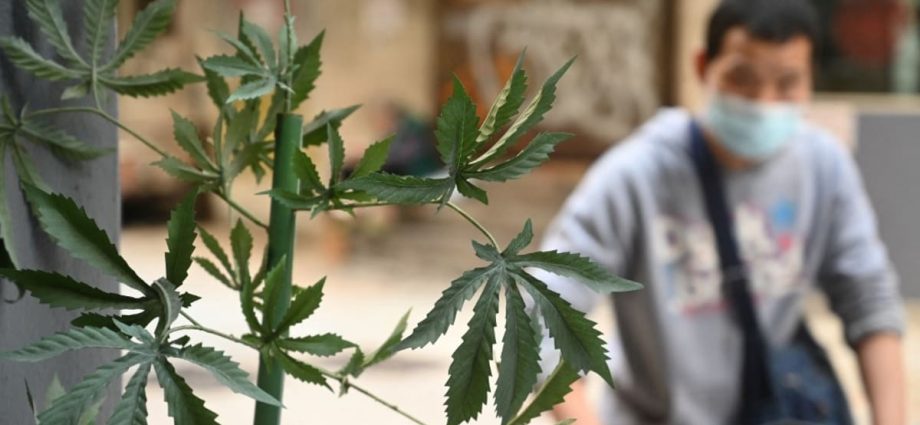
ASIA’S STANCE ON CBD
Hong Kong’s total ban comes as CBD rapidly gains popularity worldwide for its calming and analgesic properties. Even some countries in Asia, a region known for its zero-tolerance stance on drugs, are shifting their attitudes. South Korea legalised medical marijuana in 2018, but under strict conditions, while Japan is eyeing similar plans for patients with incurable conditions.
The biggest change came in Thailand, which last year became the first Asian nation to decriminalise cannabis. Though political and legal uncertainties are still clouding the industry’s future there, cannabis businesses have already sprung up all around the country, and foreigners are flocking there to visit dispensaries and buy products like edibles and massage oils.
To be sure, Hong Kong is not the only place in the region to outlaw CBD, while drug trafficking in countries like Singapore and Malaysia can be punishable by death. And there’s some evidence from the US that legalising CBD could be a slippery slope.
The easy availability there and the patchwork of state-by-state laws allowing THC has led to an explosion of cheap imitators that are made from hemp and CBD with unknown health consequences.Still, prior to the ban, the city had seemed at least open to the industry’s financial opportunities.
In 2018, a function room at the seafront W Hotel in West Kowloon bristled with excitement as Hong Kong’s first-ever cannabis investment conference kicked off. The one-day event promised to connect growing businesses with capital.
“It was definitely forward-thinking in regulation and more western than China was,” said Kaye, who co-organised the event. “It’s a monetary centre so we thought there would be listings on the Hong Kong stock exchange for cannabis companies.”
A crop of businesses selling everything from CBD oil to beer sprung up. Tom Lorimer, co-founder of London-based CBD oil business OTO, said his company was on track to make HK$5 million in 2022 following deals with local luxury department stores and malls. But authorities slammed the brakes on the CBD boom last year, and residents were given three months to toss out soon-to-be-illegal goods in amnesty bins around the city.
“In one fell swoop, we closed our doors and put our energy and resources into new and CBD-nascent markets, such as Japan and the UAE,” said Lorimer. “Despite a growing need for functional plant-based adaptogens across society, Hong Kong, following China’s move last year, has sadly bucked the global trend towards greater acceptance of hemp-derived products.”

